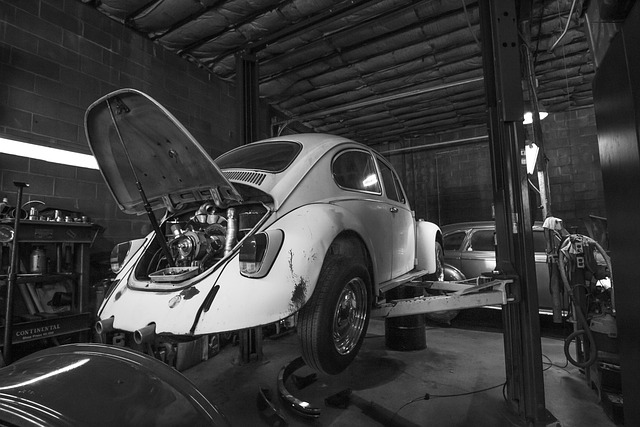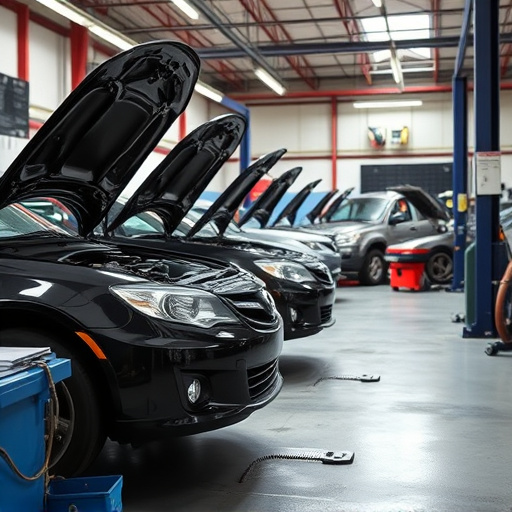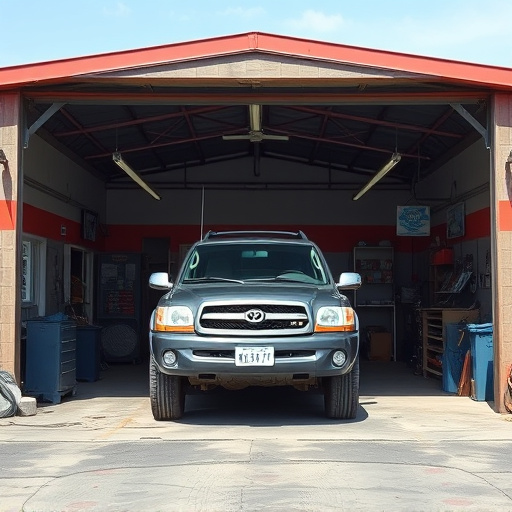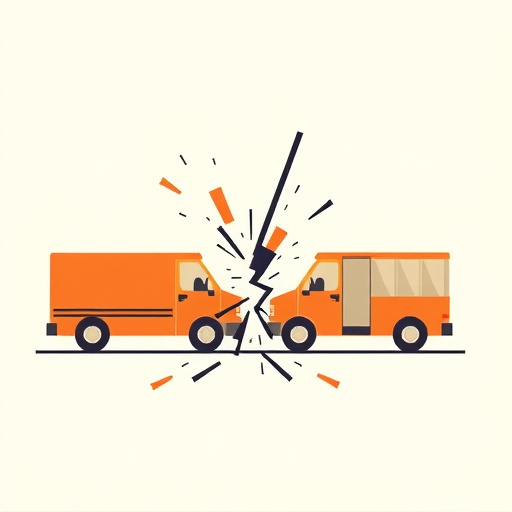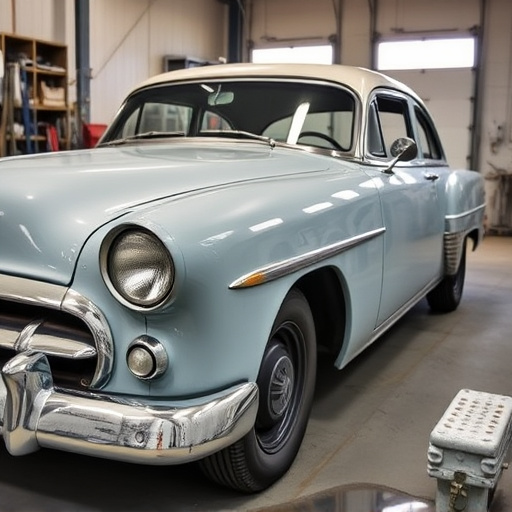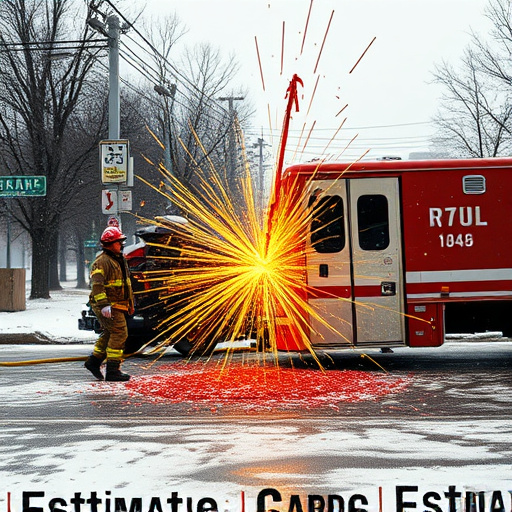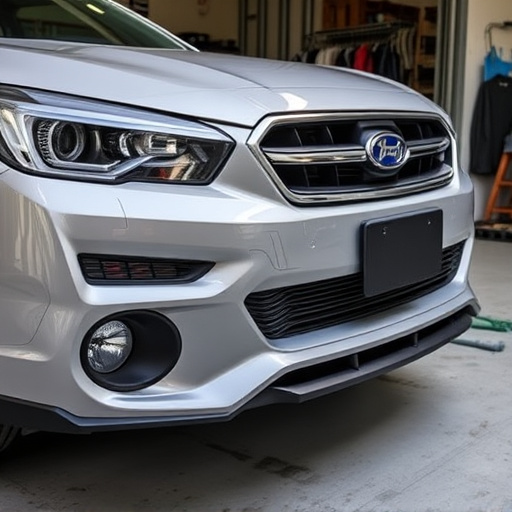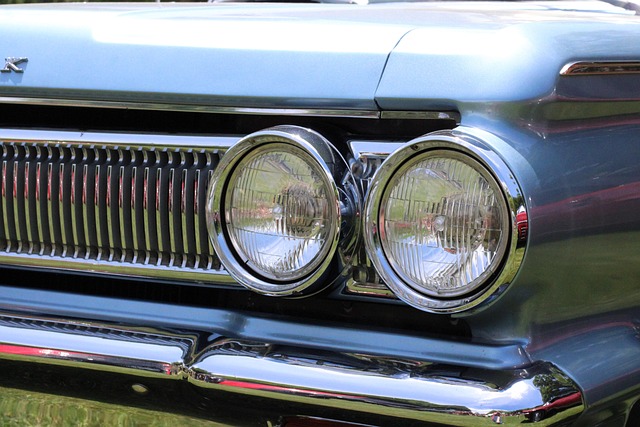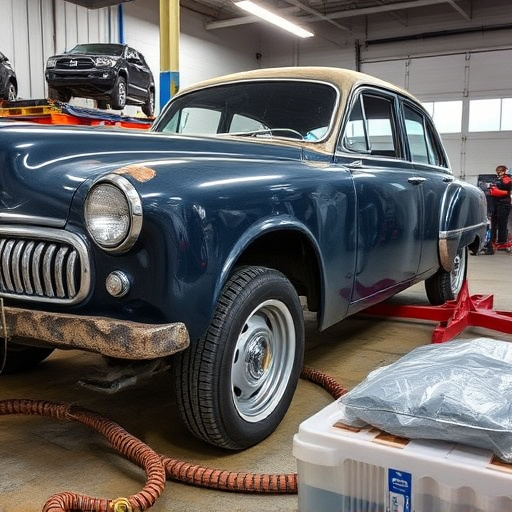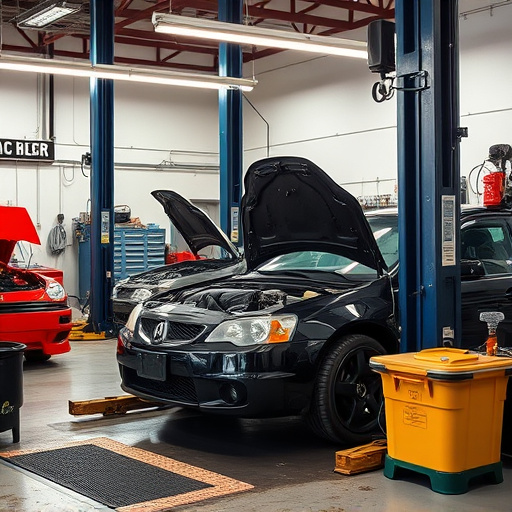Know your legal rights and regional regulations for collision claim settlements. Keep detailed records of repair costs and documentation from all parties involved. Gather evidence like police reports, photos, and estimates to negotiate fair compensation for vehicle repairs and inconvenience.
Looking to maximize your collision claim settlement? Navigating the claims process can be complex, but understanding your rights and taking proactive steps ensures a fair outcome. Start by gathering all necessary documentation—from police reports to repair estimates. Then, learn effective negotiation strategies to advocate for your compensation. By following these steps, you’ll be better equipped to secure the financial redress you deserve for collision-related damages.
- Understand Your Collision Claim Rights
- Gather Necessary Documentation
- Negotiate for Fair Compensation
Understand Your Collision Claim Rights

Knowing your rights is an essential step when dealing with a collision claim settlement. When you’re involved in a fender bender or any car accident, you have certain legal entitlements to ensure fair compensation for your vehicle repairs and any associated damages. Each jurisdiction has its own set of rules, so it’s crucial to understand the regulations specific to your area. This knowledge empowers you to negotiate effectively with insurance companies during the settlement process.
One of the key aspects is recognizing that you’re entitled to have your car restored or repaired to its pre-accident condition. Whether it’s a simple fender repair or more extensive damage, the goal should be to return your vehicle to its original state. It’s important to keep detailed records of all repairs and costs associated with the fender bender to support your claim and ensure you receive adequate compensation for the car restoration.
Gather Necessary Documentation
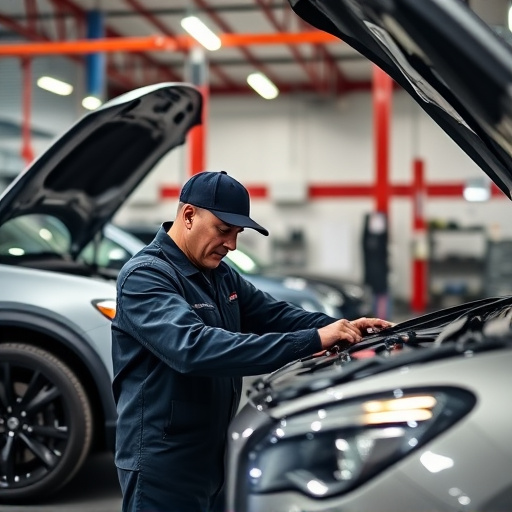
After a collision, gathering essential documentation is crucial for a smooth and successful collision claim settlement. This process involves collecting information from both parties involved in the accident, as well as any witnesses. Make sure to document all damages to your vehicle by taking clear photos of the affected areas, including the exterior and interior. Keep detailed records of all communications related to the incident, such as insurance company correspondence and repair estimates.
Additionally, ensure you have the necessary paperwork from your insurance provider, like your policy number and claim details. For complex cases or when dealing with fleet repair services or auto body repairs, it’s beneficial to have comprehensive documentation of all parts replaced, including the cost and quality of each component. This may include receipts, work orders, and estimates from auto glass replacement specialists or auto body shops.
Negotiate for Fair Compensation

When navigating a collision claim settlement, one of the most crucial steps is to negotiate for fair compensation. This process requires understanding the value of your vehicle and the extent of the damage. Start by gathering all necessary information about the incident, including police reports, photos of the car damage repair, and estimates from reliable car repair services. These documents will serve as evidence to support your claim.
During negotiations, remember that you deserve compensation not only for the cost of vehicle collision repair but also for any inconvenience caused. This might include rental car expenses or additional transportation costs while your vehicle is being repaired. Be prepared to discuss these points rationally and respectfully. It’s important to remain calm and focused on reaching a fair agreement, ensuring you receive adequate reimbursement for all associated costs.
When navigating a collision claim settlement, understanding your rights, gathering comprehensive documentation, and negotiating skillfully are key steps. By familiarizing yourself with these aspects, you can ensure a fair process that adequately compensates you for any losses incurred. Remember, knowing your entitlements and being well-prepared will empower you to make informed decisions during negotiations, ultimately leading to a more satisfactory collision claim settlement outcome.
